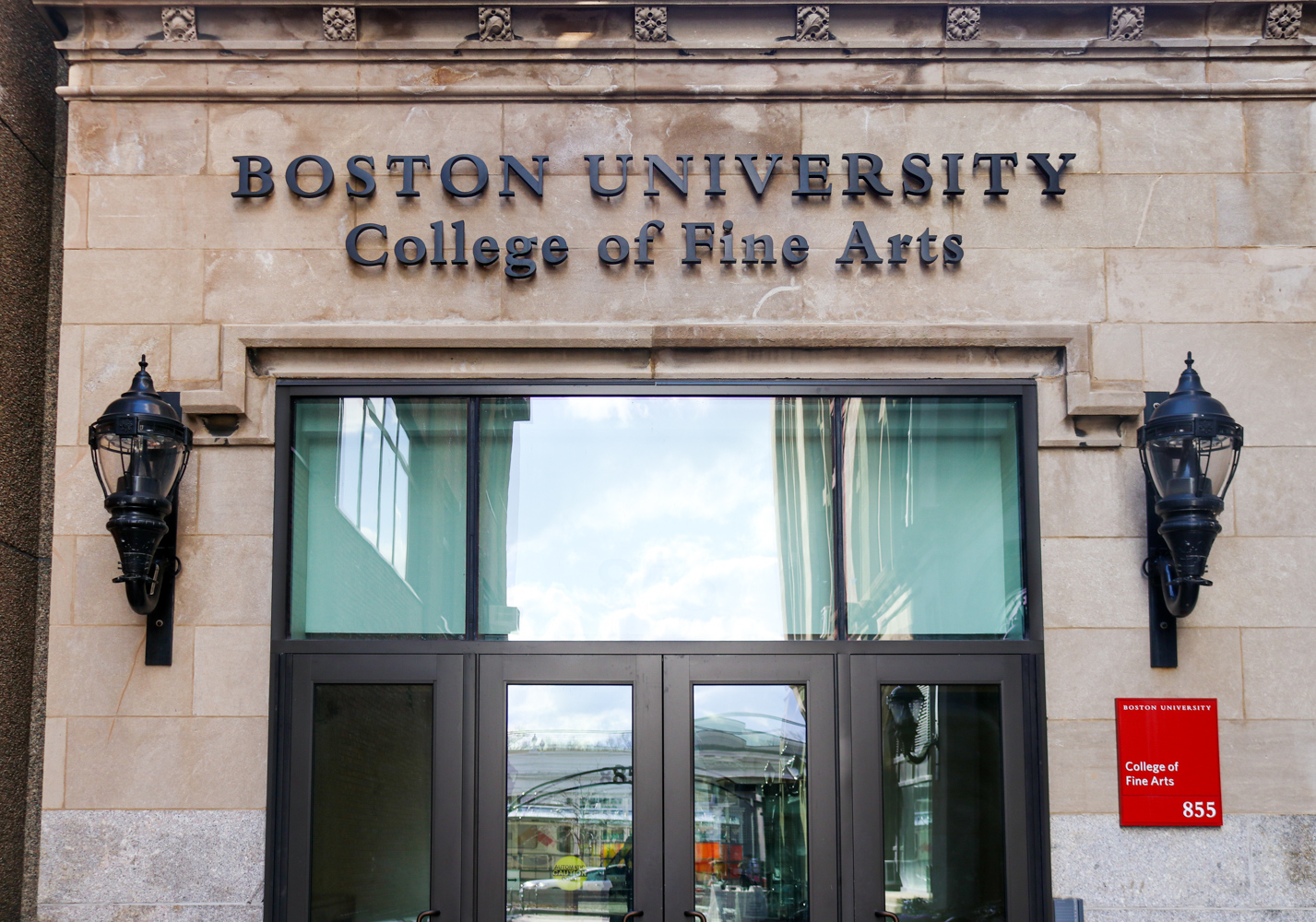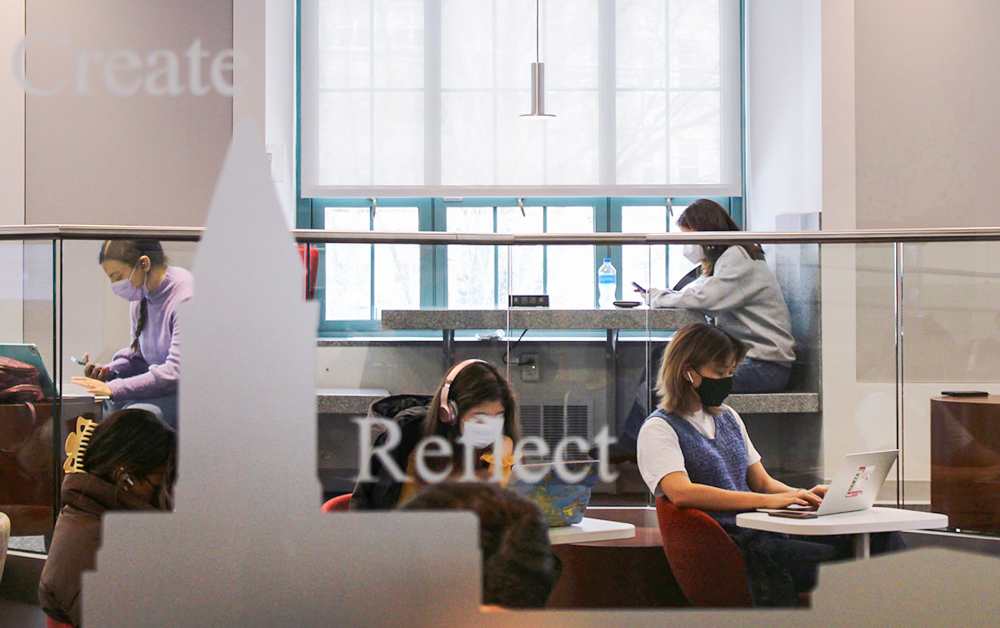Boston University’s Metropolitan College isn’t wasting time experimenting with new ways to teach a broader segment of the population, even as an oversight committee works on new ways to improve it.
This year, MET is offering new degrees, forming approaches to learning and providing new scholarship opportunities, MET Dean Jay Halfond said.
MET is BU’s second largest college with 4,000 degree-seeking students and an interaction with about 6,000 other students, such as those in non-credit programs.
In collaboration with the College of Communication, MET became the first college to offer an online Master of Science in Health Communication degree, program coordinator Stephen Quigley said.
‘These deans said, ‘Wait a minute, we’ve got a great COM school, medical school and incredible distance expertise,” Quigley, a public relations associate professor, said. ‘Why don’t we put the three together and see what happens?’
Quigley said the new Health Communications degree is a modification of a degree BU offered 10 years ago, but discontinued due to poor enrollment. The new degree is for people who work for hospitals, the government or other companies that aim to provide health-related information to people who want it.
‘It’s a complicated challenge,’ he said. ‘As the baby boomers age, there’s going to be an even greater need to communicate to the public about health issues.’
BU is also now one of the first universities to offer a certificate in genealogical research, Center for Professional Education Assistant Director Nancy Ahern said. The two course instructors are two of 50 fellows from the American Society of Genealogists, in which only 50 fellows exist nationwide at one time.
‘There won’t be another fellow until one dies,’ Ahern said.
MET has also integrated ‘eLive’ courses this year, in which students complete work online, but come to campus for discussions throughout the semester, MET Education Research and Technology Architect Leo Burstein said.
Burstein said eLive is an experimental process right now, but he hopes to show other colleges this technique.
Part-time MET student Kerstin McGaughey said she is currently taking one of the first eLive humanity courses through MET’s gastronomy program. Her class has met once so far, and plans to meet just one more time this semester.
‘I kind of miss in-class discussion, but on the other hand, it’s a really nice way to work on writing,’ she said, because the class requires written discussion to be submitted online.
MET also now offers a Scholarship for Parents that gives qualified adults 50 percent off the tuition price, MET Community Programs Manager Katherine Meyer said. Parents must have a child enrolled in a Boston or Chelsea public school to qualify for the scholarship.
MET Undergraduate Student Services Director Ellen Peterson said MET funds the scholarship with a $50,000 grant from the Bernard Osher Foundation, an organization that caters especially to reentry students, which the school received this year.
‘Parents are great role models, so if parents are challenging themselves, I feel their children are going to benefit,’ Peterson said. ‘There are more conversations about homework and school around the table.’
MET tests new ways to teach
By Daily Free Press Admin
•
October 8, 2008
0
More to Discover





























































































































